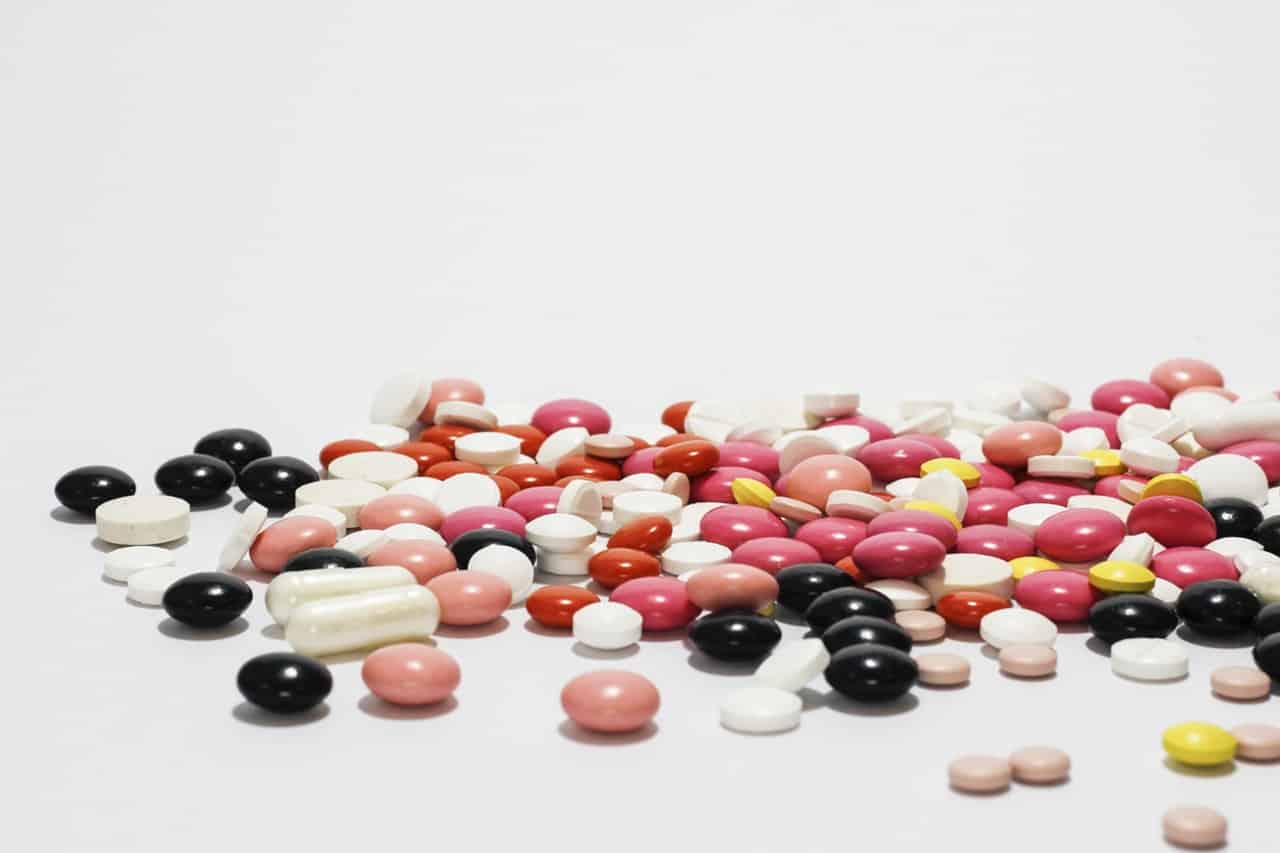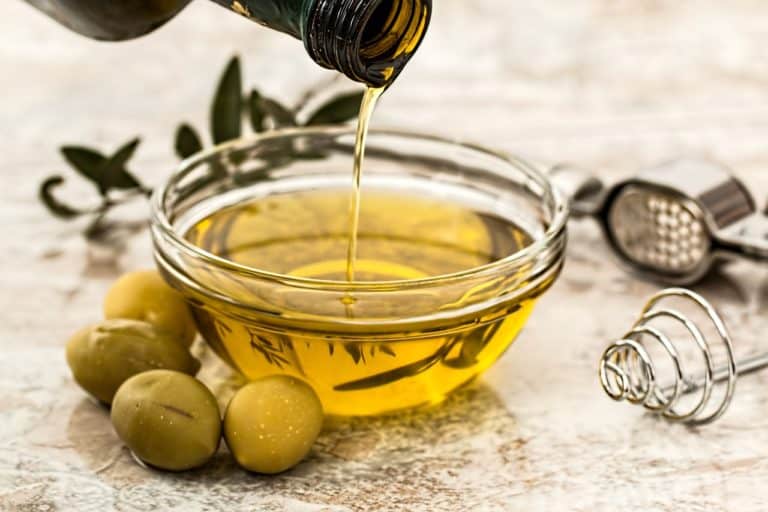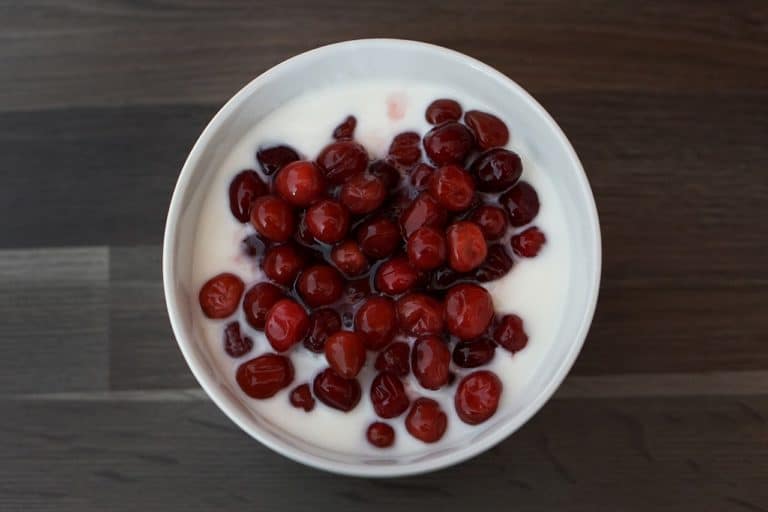Urinary incontinence drugs can be used as a treatment approach for the different types of urinary incontinence, including overactive bladder. Combining urinary incontinence drugs with behavioral therapies has also been shown to be more effective than use of urinary incontinence drugs or behavioral therapy alone.
If you have been diagnosed with urge incontinence or overactive bladder, your doctor may recommend anticholinergics, the most common drugs used to treat overactive bladder. Anticholinergics (some also referred to as antimuscarinics) decrease the activity of the bladder wall muscle (detrusor muscle) and increase bladder capacity. Here are some commonly prescribed urinary incontinence drugs in this category.
- Darifenacin (Enablex) is most helpful in elderly patients who have dementia, because it is less likely to cause confusion, a common side effect of anticholinergics.
- Fesoterodine fumarate (Toviaz) is indicated for overactive bladder patients who have urge incontinence, urgency, and frequency. The drug is taken once daily.
- Flavoxate (Urispas) helps relieve urinary frequency, urinary urgency, and nocturia, as well as urinary incontinence associated with prostatitis. This drug must be taken 3 to 4 times daily.
- Hyoscyamine sulfate (Levbid) is mainly used to treat gastrointestinal disorders, but is also prescribed for bladder spasms. The regular form is taken 3 to 4 times daily, while the extended form can be taken twice.
- Oxybutynin (Ditropan) helps prevent urge incontinence by relaxing the detrusor muscle. The regular form is taken 2 to 3 times daily, and the extended release form (Ditropan XL) can be taken once. A patch (Oxytrol) is available, but it releases a smaller dose than the oral form. Gelnique is a gel form applied to the skin once daily.
- Propantheline (Pro-Banthine) is prescribed to treat gastrointestinal ulcers, help relax the bladder muscles, and relieve bladder spasms. Typical dosing is three times daily before meals.
- Solifenacin (VESIcare) is a newer addition to the anticholinergic line, is similar to tolterodine, and is taken once daily.
- Tolterodine (Detrol, Detrol LA) helps with urinary frequency, urgency, and urge incontinence. It has less impact on the salivary glands than does oxybutynin and is better tolerated. Detrol is taken twice daily, while Detrol LA is taken once.
- Trospium chloride (Sanctura) is prescribed to treat overactive bladder. Trospium reduces bladder muscle tone, which in turn reduces urinary spasm and frequency. The typical dose is twice daily before meals or an empty stomach.
Anticholinergics may cause blurry vision, confusion (mostly in the elderly), constipation, double vision, dry mouth, loss of coordination, sensitivity to light, and urinary retention, among others.
Other urinary incontinence drugs
In addition to anticholinergics, here are other urinary incontinence drugs to consider.
- Tricyclic antidepressants are frequently prescribed for urge incontinence and overactive bladder, as well as stress incontinence. Tricyclic antidepressants block nerve signals and reduce urinary muscle spasms. Imipramine (Tofranil), for example, relaxes the bladder muscle while causing the sphincter muscle to contract. This characteristic of imipramine makes it a treatment choice for some men who experience urinary incontinence related to sexual activity (stress incontinence). However, the drug is not as effective in men who have had prostate surgery. Other tricyclic antidepressants include desipramine hydrochloride (Norpramin), doxepin hydrochloride (Sinequan), and nortryptyline (Pamelor). Side effects of tricyclic antidepressants may include blurry vision, changes in appetite, dizziness, and dry mouth.
- Duloxetine, an antidepressant in the drug class selective serotonin and norepinephrine reuptake inhibitors (SNRIs) changes how the brain utilizes specific brain chemicals. Exactly how it helps control the bladder is not known.
- Alpha-blockers are typically used to treat BPH. They relax the smooth muscles of the prostate and bladder neck, which then allows normal urine flow and prevents abnormal bladder contractions that can lead to urge incontinence. Drugs in this class include alfzosin (Uroxatral), doxazosin (Cardura), tamsulosin (Flomax), and terazosin (Hytrin). Side effects include dizziness, fatigue, and headache. Taking an alpha-blocker with an anticholinergic may relieve symptoms of overactive bladder and urge incontinence better than either of these urinary incontinence drugs alone.
- Collagen is a protein (and not a drug) that can be injected around the bladder neck. Collagen causes the bladder neck to expand, which in turn reduces pressure on the bladder and helps improve urinary muscle function. Collagen injections usually need to be repeated after several months to achieve control over incontinence.
- 5-alpha reductase inhibitors are typically used to treat BPH. However, your doctor may prescribe one of the two current 5-alpha reductase inhibitors (dutasteride [Avodart] or finasteride [Proscar]) if he or she believes an enlarged prostate is a cause of your urinary incontinence. Side effects of 5-alpha reductase inhibitors include breast enlargement, erectile dysfunction, and low sperm count.
- Botox (onabotulinumtoxin A) is a protein made by the bacterium Clostridium botulinum, said to be the most potent neurotoxin ever found. In August 2011, the Food and Drug Administration (FDA) approved the use of Botox for overactive bladder caused by neurologic disorders such as multiple sclerosis and spinal cord injuries for adults who have not responded to or who cannot tolerate anticholinergic drugs. In 2013, the FDA extended approved use to include individuals with urinary incontinence who have not been helped by anticholinergics. Botox is also used off-label for urge incontinence. Treatment for urinary incontinence involves injecting Botox into the bladder with the help of a cystoscope, which allows the doctor to see the inside of the bladder. Botox relaxes the bladder muscle and increases the amount of urine the bladder can hold. Initial injections of Botox have been reported to cause urinary tract infections in nearly half of all patients. Other side effects include urinary retention, fatigue, constipation, and muscle weakness. In rare cases, it can cause an inability to urinate at all.
Men with stress incontinence may respond to the abovementioned urinary incontinence drugs. If you have overflow incontinence caused by BPH, your doctor will likely prescribe medications for an enlarged prostate, but drug treatments for BPH do not always improve symptoms of overflow incontinence.







